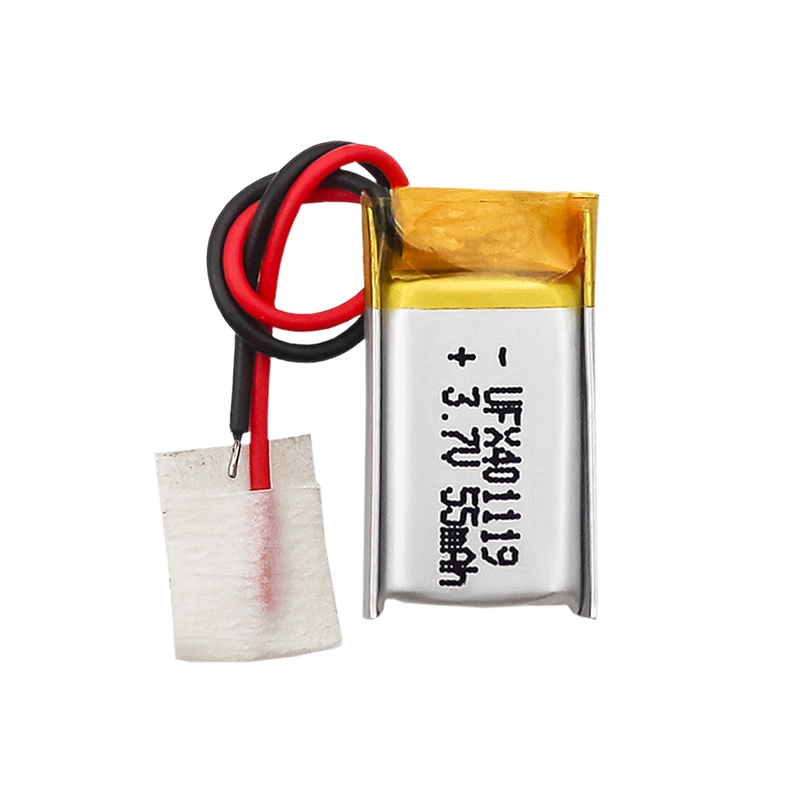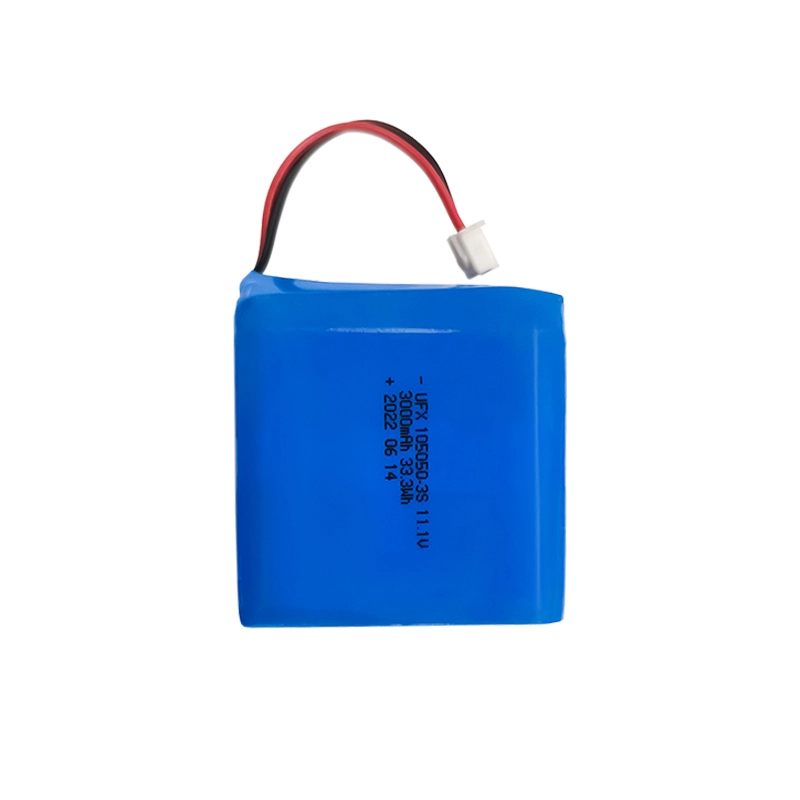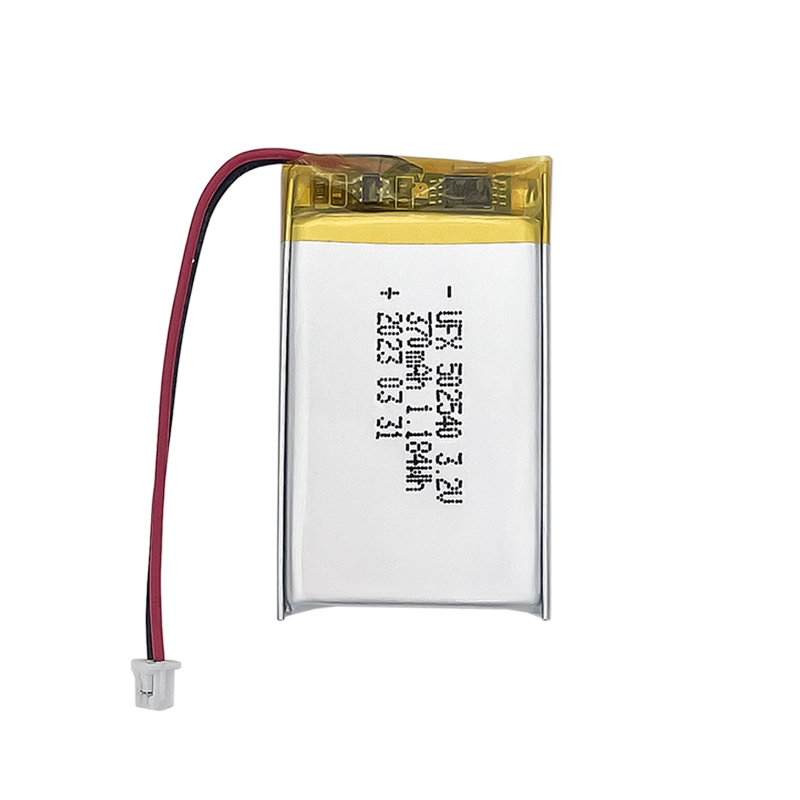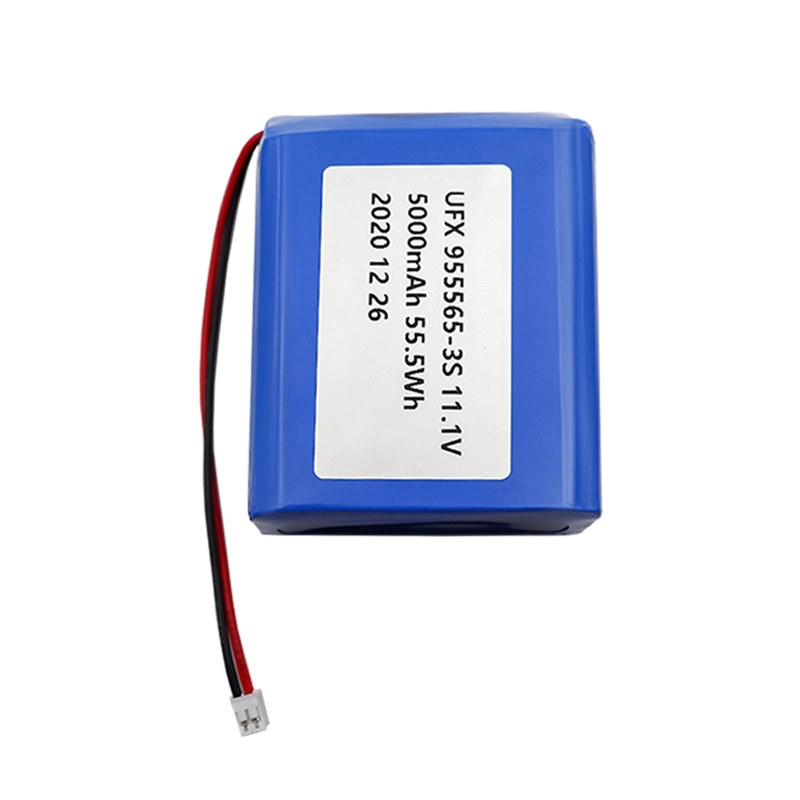
Digital Thermometer Batteries
Digital thermometers are accurate and reliable temperature measurement tools. With efficient battery life and advanced features, they have become the preferred choice of many individuals and healthcare professionals. By understanding their accuracy, battery life, and factors that may affect their performance, users can make informed decisions when selecting and using a digital thermometer.
Are digital thermometers accurate?
Digital thermometers are known for their accuracy. They can provide precise temperature readings in seconds. These thermometers utilise electronic sensors to measure temperature, ensuring reliable results. However, using them correctly and following the manufacturer’s instructions is essential for optimal accuracy.
Battery life of digital thermometers
The battery life of electronic thermometers can vary depending on factors such as the type of thermometer, how often it is used, and the specific batteries used. Generally, battery life for electronic thermometers ranges from a few months to a few years. Some thermometers may have built-in rechargeable batteries. Others use replaceable batteries, such as button cell batteries. Refer to the manufacturer’s instructions or specifications for the particular electronic thermometer model to determine expected battery life and any recommendations for battery replacement.
Digital versus mercury thermometers: which is more accurate?
Digital thermometers are generally considered more accurate than mercury thermometers. Although mercury thermometers were once widely used. However, digital thermometers are faster to read. And the risks associated with mercury are eliminated. Digital thermometers also have features such as memory storage and heat indicators. This improves their usability and accuracy.
Factors affecting the performance of digital thermometers
There are several factors that can affect the performance of a digital thermometer.
Firstly, the ambient temperature affects the accuracy of the electronic sensor. It is therefore important to use the thermometer within the appropriate temperature range.
Second, proper calibration and maintenance are critical to maintaining accuracy over time.
Finally, factors such as humidity, altitude and external heat sources can affect the performance of digital thermometers and should be considered.
High Energy Density
It stores large amounts of energy in a smaller and lighter package
Longer Cycle Life
Withstands extensive charge and discharge cycles
Low Self-Discharge
Maintains power longer when not in use
Safety
Minimizes the risk of accidents and ensures safe operation
More Information About Digital Thermometer Battery
-
What is the digital thermometers?
-
Which type of digital thermometer is most accurate?
-
Are digital thermometers better?
-
What is the difference between a digital probe and a thermometer?
Latest Blogs
About Lithium Battery Industry News

High‑Capacity 3S LiPo Batteries: 5000 mAh vs. 10000 mAh
Compare 3S LiPo 5000mAh vs 10000mAh batteries by weight, power, and use. Find the best fit for your drone, RC car, or boat setup.
2025/07/08 Ufine

Top 5 Applications for Small 3S LiPo Batteries
Small 3S LiPo batteries power drones, RC gear, wearables, and robotics with high energy and low weight. Making them ideal for compact electronics projects.
2025/07/08 Ufine

Building and Charging Your Own 3S LiPo Pack: A Step‑by‑Step Guide
Learn how to build, balance, and charge a 3S LiPo battery pack safely at home with this complete DIY guide for hobbyists and beginners.
2025/07/08 Ufine

How to Choose the Right LiPo Battery Plug Type?
Discover the best LiPo battery plug types, how to choose them, and expert tips for safe usage, soldering, and maintenance.
2025/07/08 Ufine

Choosing the Right Connector for Your 3S LiPo Battery
Choosing the right 3S LiPo connector depends on current, space, and use. Learn the pros and cons of XT60, JST, EC3, and more.
2025/07/07 Ufine

3S LiPo Battery Guide: From Voltage Basics to Full Charge
A 3S LiPo battery offers high power in a lightweight form, ideal for RC, drones, and FPV. Learn voltage basics, charging tips, and safety.
2025/07/07 Ufine





